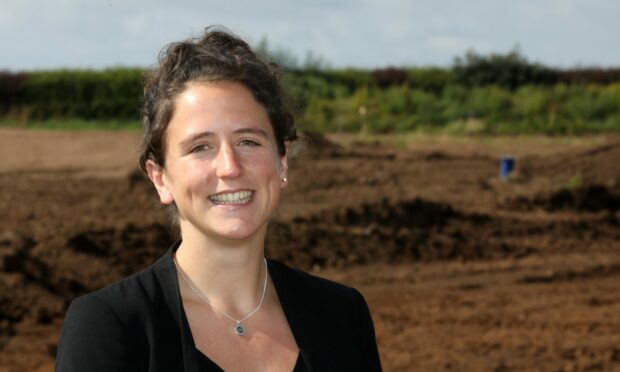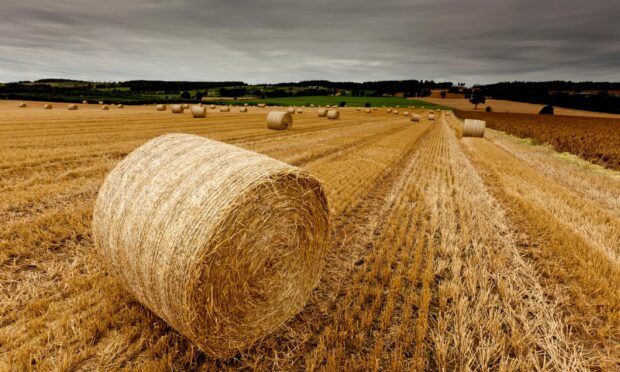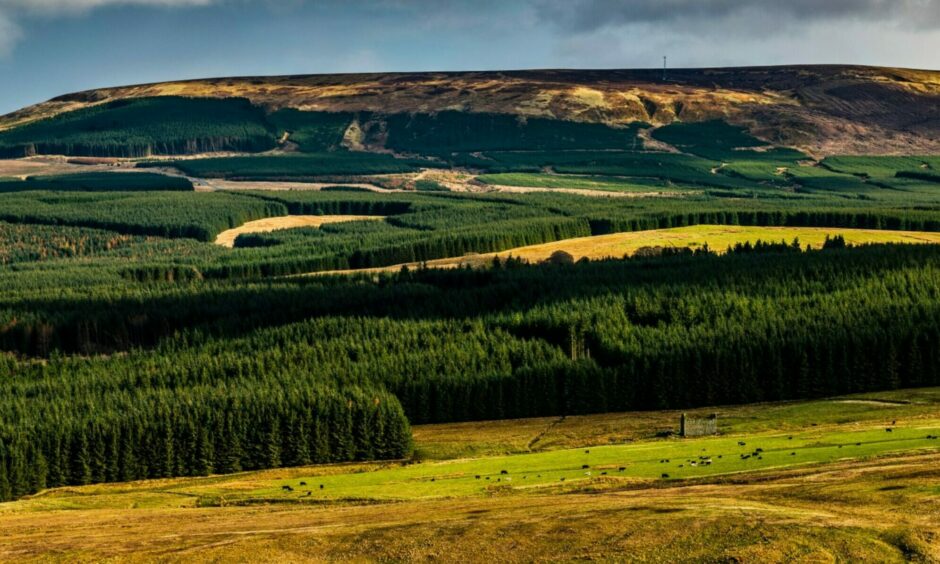Direct support payments will continue to Scottish farmers and crofters and future policy will be broadly aligned with the EU.
That was the message from Rural Affairs Secretary Mairi Gougeon speaking at the virtual Press and Journal Farming Breakfast, organised in association with Turcan Connell and with support from Henderson Loggie and Galbraith.
Ms Gougeon moved to reassure farmers that direct support will continue in Scotland, but with conditions attached.
“Land management in Scotland will have to change as we tackle the twin biodiversity and climate crises,” said Ms Gougeon.
“We will be expecting farmers and crofters to show how they farm benefits nature and cuts our greenhouse gas emissions, and support and regulatory mechanisms are going to be designed in order to support that.”
She said where practicable, future Scottish agricultural policy will stay aligned with new EU measures and policy developments, and any future policy on gene editing will be dependent on the stance taken by the EU.
Turcan Connell partner, Paul Macaulay, provided an overview of succession planning and encouraged farmers looking to develop a plan for the future to draw up a will as a starting point.
Mr Macaulay said: “Having an up-to-date will is obviously an essential part of business planning.
“I think wills should be reviewed regularly – ideally at least every five years – and ideally the wills should be flexible to be able to take account of changes in tax, changes in family circumstances, and changes in the assets that make up the estate themselves.”
He warned proposed changes to legal rights – a form of forced heirship, or protection against disinheritance – could affect farmers if they change to allow land and buildings to be included in claims.
Mr Macaulay added: “It is important to consider if changes to the current ownership structure [of the farm business] or any other planning might provide some much needed certainty in the future.”
Henderson Loggie’s head of agriculture and business Lucy Crow said legal and tax planning was also essential for any farmers wishing to get involved in the emerging carbon credits market.
She said: “Generally speaking this is going to be a new revenue stream for a lot of farmers and landowners.
“If you are looking at any resource to do with natural capital speak to your lawyers and tax advisers at the contract stage.”
Lastly, Galbraith partner Tom Stewart said natural capital investors and people interested in buying land to plant trees were impacting the land market.
He said: “We have constrained supply and this coupled with an increase in funds to acquire, plus the government policy to increase forestry has created a very interesting dynamic with price pressures on all sectors of the land market.
“If you think about it in terms of the exchange rate between the farmer’s pound and the forester’s pound, over the last two years we have seen the farmers’ appetite and buying powers being relatively constant whereas the forester’s pound has increased in 2020 by about 25% and in 2021 by a further 15%.
“That goes a long way to explain why we have seen the shift in dynamic of who is buying what.”
The virtual event can be watched again at www.pandjbreakfast.co.uk



